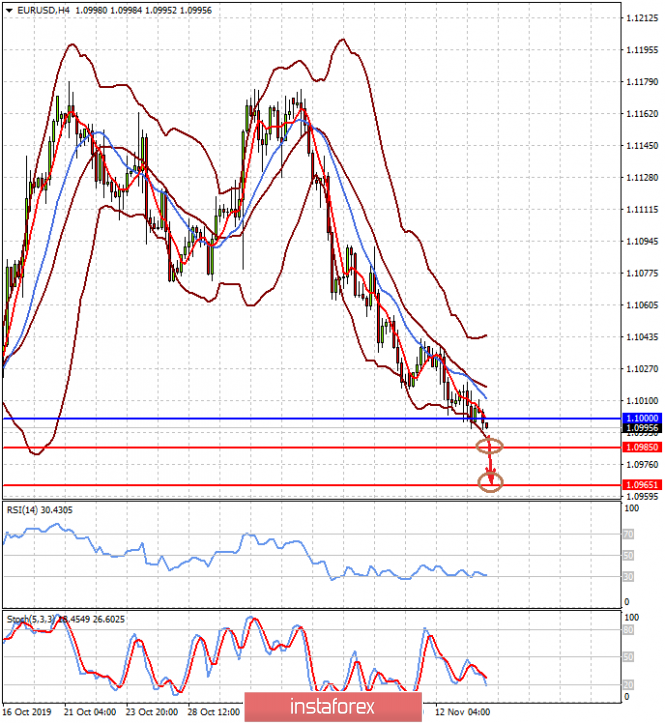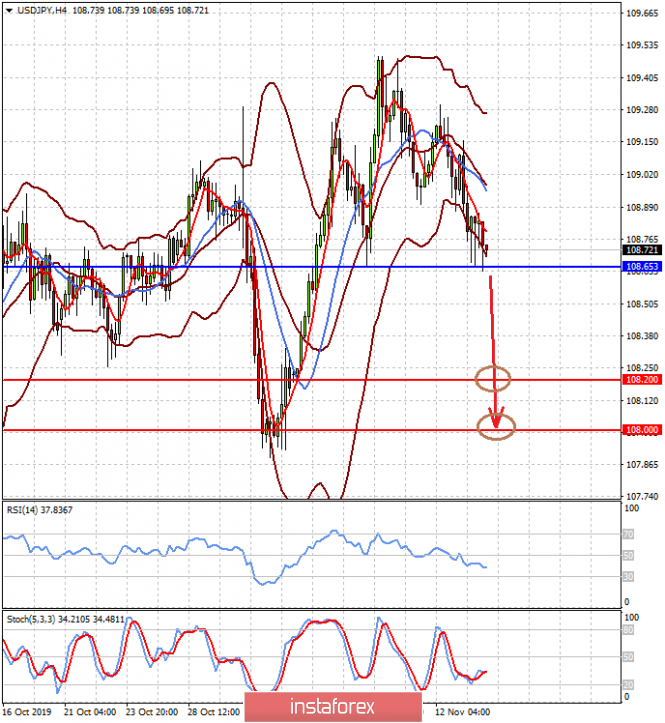Financial markets did not particularly respond to the speech of the head of the Federal Reserve J. Powell in the Senate, where he reported on the work of the regulator and expressed a consolidated opinion of the Central Bank on the state of the American economy and its prospects.
The dry residue of his speech was a positive assessment of the state of the country's economy. He said that the Central Bank believes the current level of monetary policy is adequate and that "so far, the incoming information on the state of the economy will generally correspond to our forecasts." These words correspond to the signal that the regulator will not take any monetary measures in the near foreseeable future. However, it should be noted that he did not avoid the topic of the possibility of a change or "significant adjustment" of monetary policy, if necessary.
Among the negative phenomena, the head of the Fed noted the continuing uncertainty of the prospects for concluding a new trade agreement between the US and China, noting this as existing external risks.
Answering questions from senators, Powell was generally optimistic about the growth of the US economy, saying that it was "in really good condition," while noting that central banks would have less opportunity to cut rates in a "normal state", adding that the Federal Reserve does not consider the possibility of applying negative interest rates.
At the same time, global markets reacted on Wednesday to Powell's speech quite restrained. The US stock market closed mixed. The dollar in the currency exchange markets, in turn, traded in different directions. It received support against the euro and commodity currencies, but decline against safe-haven currencies - the yen and the Swiss franc. In addition, it remains under pressure in relation to gold. Also, a negative trend is noted in the profitability of the benchmark brand of 10-year Treasuries, which has been declining over the past two days.
In our opinion, this dynamics reflects the excitement of investors that it is not yet clear whether a new trade agreement between Washington and Beijing will be concluded this month or not. This uncertainty reappeared against the background of D. Trump's speech at the New York Economic Club on Tuesday, where he did not clarify the situation around the negotiations on this topic.
Nevertheless, we still believe that the decline in the euro against the dollar is due to the postponement in the Fed's lowering of rates. The sterling is consolidated against the background of the situation around Brexit, and the decline in commodity currencies is due to the uncertain prospects for US-Chinese negotiations, which also supports local demand for defensive assets.
Forecast of the day:
EURU/SD is trading below 1.1000. We believe it is possible to sell the pair with local targets 1.0985 and 1.0965 with the prospect of falling to 1.0945.
USD/JPY is trading above 108.65. Continuing concerns about the positive outcome of US-China trade negotiations could lead to further price reductions. If the pair falls below the level of 108.65, it can continue to decline to 108.20, and then to 108.00.


